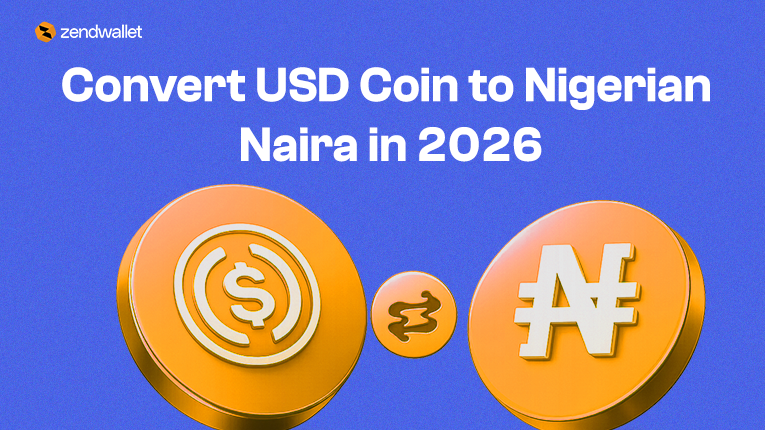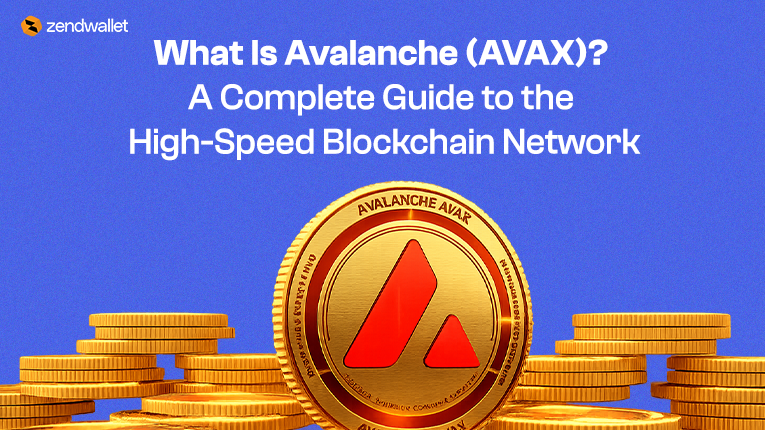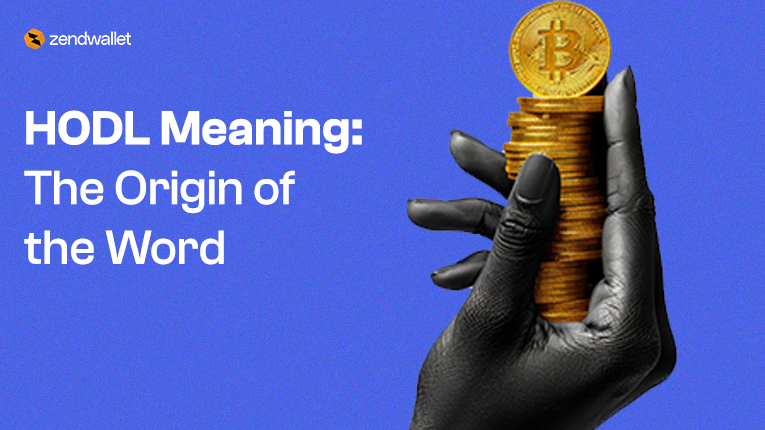Bitcoin, the pioneer among over 19,000 cryptocurrencies, has become a key player in the financial world.
Since its launch in 2009, Bitcoin has seen dramatic price swings, rising from under $150 to thousands of dollars, drawing attention from investors seeking profits.
While this volatility can be enticing, it also makes Bitcoin less ideal for those looking for stable investments.
How Bitcoin work is through a decentralized network where users can mine, trade, or hold it as a long-term investment.
These methods, driven by market demand and supply, offer various opportunities to make money.
In this article, we’ll explore how Bitcoin work to generate profit and the strategies behind it.
What is Bitcoin?
Bitcoin operates as a decentralized digital currency, enabling direct transactions without intermediaries like banks. Satoshi Nakamoto, its creator, envisioned a system relying on cryptographic proof rather than trust.
All Bitcoin transactions are recorded on a public ledger known as the blockchain, ensuring transparency and preventing fraud. Like commodities like gold, its value derives solely from user consensus.
“The value of Bitcoin lies in the collective agreement, much like gold,” explains Anton Mozgovoy, co-founder & CEO of Holyheld.
Since its inception in 2009, Bitcoin has soared in value from under $150 per coin to approximately $30,200 as of June 8.
With a capped supply of 21 million coins, its scarcity fuels expectations of future appreciation, driven by institutional interest as a hedge against market volatility and inflation. Over 19 million coins are currently in circulation.
Also Read:How Bitcoin Work
How Bitcoin Work?
Bitcoin operates on a blockchain a decentralized digital ledger comprising interconnected blocks.
Each block contains transaction details such as date, time, value, buyer, seller, and a unique identification code. These blocks are sequentially linked, forming an immutable record of transactions.
“When a block is added to the blockchain, it becomes publicly accessible, serving as a transparent ledger of cryptocurrency transactions,” says Stacey Harris, a consultant for Pelicoin, a cryptocurrency ATM network.
Blockchain’s decentralized structure ensures integrity and security. “It’s like a Google Doc that anyone can edit, but changes are only accepted when verified by most Bitcoin users,” explains Buchi Okoro, CEO of Quidax, an African cryptocurrency exchange.
How Does Bitcoin Mining Work?
Bitcoin mining involves validating transactions and adding them to the blockchain through proof of work.
Miners use powerful computers to solve complex mathematical puzzles, securing the network and earning rewards through new Bitcoins.
“To incentivize miners and maintain system integrity, Bitcoin rewards miners with 6.25 BTC for each new block,” Okoro notes.
This process generates new coins and updates recent transactions on the blockchain.
Mining was accessible to individuals initially but now demands substantial computing resources due to increased puzzle complexity.
The system adjusts automatically to maintain a steady flow of new coins until the maximum supply is reached, estimated at around 2140.
How To Use Bitcoin?
In the U.S., Bitcoin is an investment diversifier and occasional payment method.
Major corporations like Microsoft and PayPal accept Bitcoin, while some smaller businesses and online platforms support it.
Connecting a debit card to a crypto account facilitates Bitcoin transactions like traditional currencies.
“In economically unstable regions like Venezuela and Zimbabwe, Bitcoin adoption as an alternative currency is growing,” highlights Mozgovoy.
Using Bitcoin for transactions requires awareness of tax implications in the U.S., impacting its utility as a currency.
How To Buy Bitcoin
Cryptocurrency exchanges like Zendwallet facilitate Bitcoin purchases. Setting up an account involves identity verification and linking funding sources such as bank accounts or debit cards.
“Regardless of the exchange, securing a Bitcoin wallet is crucial for storing purchased coins securely,” advises Harris.
Wallet options range from online (hot wallets) for convenience to offline (cold wallets) for enhanced security.
Buying Bitcoin incurs transaction fees, impacting overall costs, while transaction verification may delay immediate availability.
How To Invest In Bitcoin
Bitcoin can be a long-term investment similar to stocks, including in specialized accounts like Bitcoin IRAs. Investment strategies vary, from long-term holdings to capitalizing on price fluctuations.
While Bitcoin mutual funds like Grayscale Bitcoin Trust (GBTC) offer indirect exposure, high minimum investments limit accessibility.
“Allocate no more than 1% to 10% of your portfolio to Bitcoin,” Dallas-based CFP Scott Hammel advises. This approach mitigates risk, treating Bitcoin as a high-risk asset.
Should You Buy Bitcoin?
Given its speculative nature and potential economic impacts, financial planners advocate careful consideration before investing in Bitcoin.
“The primary concern is investing funds that are crucial for essential goals,” says Ian Harvey, a New York City-based CFP. Advisors suggest Bitcoin as a supplementary investment, limiting exposure to avoid portfolio imbalance.
“Bitcoin should be treated like a single stock—diversify and manage risk accordingly,” emphasizes Hammel.
How Does Bitcoin Work to Make Money?
Bitcoin offers several ways for people to earn profits, depending on their approach and involvement in the cryptocurrency market. Let’s explore some of the main methods used to make money with Bitcoin.
1. Mining Bitcoin
Mining is the process of validating transactions on the Bitcoin network, using computational power to solve complex mathematical puzzles. In return, miners are rewarded with newly minted Bitcoins.
However, mining requires significant investment in hardware and electricity, making it more suitable for tech-savvy individuals or groups with substantial resources.
2. Trading Bitcoin
Trading Bitcoin involves buying and selling the cryptocurrency based on price fluctuations. Traders aim to buy low and sell high, taking advantage of Bitcoin’s volatility.
This can be done through exchanges or trading platforms. Both short-term day trading and long-term strategies can be used to profit from market swings.
3. Holding (HODLing) Bitcoin
Many investors adopt a “buy and hold” strategy, often referred to as “HODLing” in the crypto community.
This means purchasing Bitcoin and holding it over a long period, hoping that its value will rise significantly over time.
This approach is often seen as a long-term investment strategy rather than a way to make quick money.
4. Bitcoin Lending and Earning Interest
Some platforms allow Bitcoin holders to lend their assets to others and earn interest.
By lending out Bitcoin through decentralized finance (DeFi) platforms or centralized services, users can generate passive income while still retaining ownership of their crypto assets.
5. Accepting Bitcoin as Payment
Businesses and freelancers can earn Bitcoin by accepting it as a form of payment for goods or services.
With growing adoption, accepting Bitcoin allows individuals to participate in the crypto market while also conducting their normal business activities.
These methods illustrate how Bitcoin works as a way to make money, offering opportunities for both active traders and long-term investors.
How Exactly Does Bitcoin Work?
Bitcoin is a decentralized digital currency that uses blockchain, a public ledger that records all transactions.
When someone sends Bitcoin to another user, the transaction is verified by a network of computers (miners) and added to a block on the blockchain.
Once confirmed, transactions are secure, transparent, and irreversible.
How to Use Bitcoin for Beginners?
1. Get a Bitcoin Wallet:
Store your Bitcoin securely in a digital wallet. Options range from online wallets for convenience to hardware wallets for enhanced security.
2. Buy Bitcoin:
Sign up for a cryptocurrency exchange like Zendwallet, on our platform verify your identity, link a payment method, and purchase Bitcoin.
3. Store Your Bitcoin:
Transfer purchased Bitcoin to your wallet for safekeeping. Remember to back up your wallet’s private keys.
4. Send and Receive Bitcoin:
Use your wallet address to send and receive Bitcoin from others.
5. Monitor Market Prices:
Stay informed about Bitcoin’s price movements using market tracking tools or apps.
How Much is $1 Bitcoin in US Dollars?
The latest data shows that 1 Bitcoin (BTC) equals USD 65,020.26. Bitcoin offers various opportunities to earn money through investment, trading, mining, or interest.
Understanding its operational mechanics and using it effectively with a secure wallet and reputable exchanges can empower beginners to navigate the cryptocurrency market confidently.
Always stay informed about market prices and trends to make informed decisions when dealing with Bitcoin.
Conclusion
Bitcoin is a groundbreaking digital asset that offers both investment and transactional opportunities.
You can make informed decisions by understanding how Bitcoin works—from the basics of blockchain to market trends.
Although its price can be volatile, Bitcoin has significant growth and diversification potential. Platforms like
Sign up on Zendwallet to securely understand the crypto market and make strategic investments.
Staying informed and managing risks are essential to maximizing Bitcoin’s benefits.
Recommended Article:
How to Start Bitcoin



